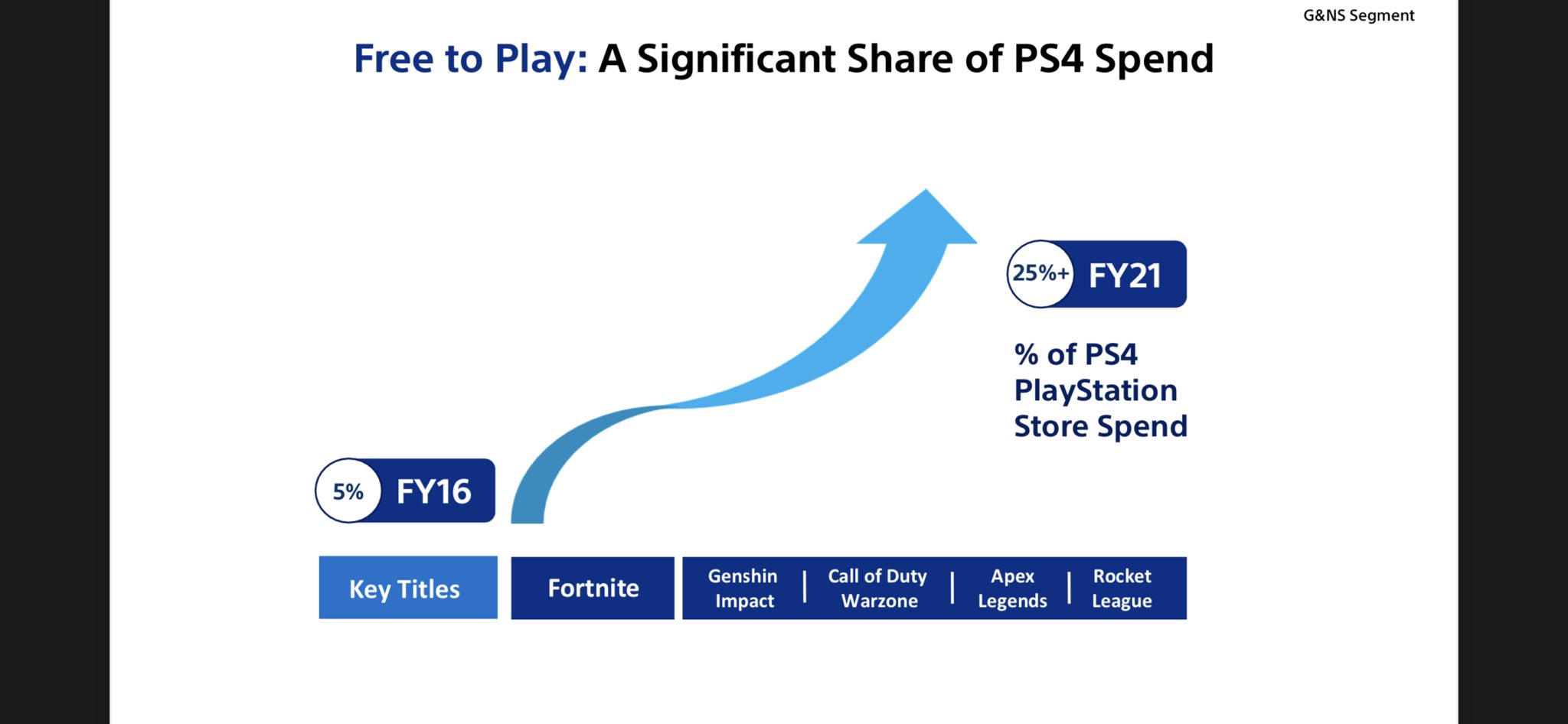- ARPDAUPosted 13 years ago
- What’s an impressive conversion rate? And other stats updatesPosted 13 years ago
- Your quick guide to metricsPosted 13 years ago
GAMESbrief in 2013–ethics are coming front and centre
GAMESbrief is going to change its focus a little in 2013. At the end of 2011, David Barnes tweeted me to say: Stop arguing for F2P. That battle has been won for all who are willing to listen. Focus on how to do F2P well.

So we did. 2012 for GAMESbrief was less about polemic and more about practicality. We provided guidance and resources. We published 15 rules of F2P games and then wrapped them up into a book which you can buy from Amazon for less than the price of a cup of coffee. We have another book that is just as practical in the works.
That’s not enough. F2P is now mainstream, accepted and profitable. It, like all marketing, sales and game design, uses an understanding of human psychology to function. There is nothing wrong with that. However, that focus on psychology can come at the expense of fun. At the expense of ethics. At the expense of the consumer.
Won’t someone think of the kids
GAMESbrief has never been focused just on the money. The first rule of F2P design is “make it fun”. Nor have we shied away from the idea that people who love what you do should be enabled and encouraged to spend lots of money on things they truly value. True fans can absolutely spend £10,000 or more in a game and that can still be ethical.
But it might not be. The issue of how we should use our new found powers of persuasion to fund the creation of these forms of entertainment will be in 2013. For GAMESbrief, it will be one of the themes we aim to tackle head on.
- 2011: You should do F2P games
- 2012: You should do F2P games, here is how to do them well
- 2013: You should do F2P games, here is how to do them well AND ethically
It’s going to be an important issue in 2013. Politicians, platform holders and developers all have a role to play. I’d rather we tackled it head on rather than pretending it isn’t an issue.













